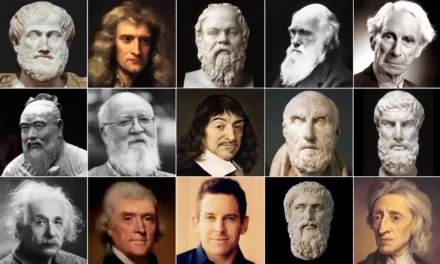Don’t be an unsophisticated thinker
An unsophisticated thinker is someone who does not think deeply about things. They tend to accept information at face value and are not good at identifying bias or fallacies. They may also be more likely to make snap judgments and decisions without considering all the options. To move from being an unsophisticated thinker to a good critical thinker, there are a few things you can do. These include being aware of your own biases, being open to new information, and being willing to change your mind.



















